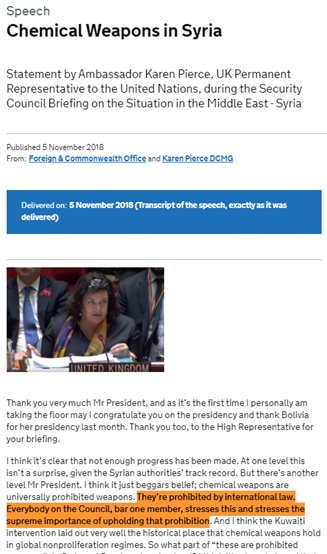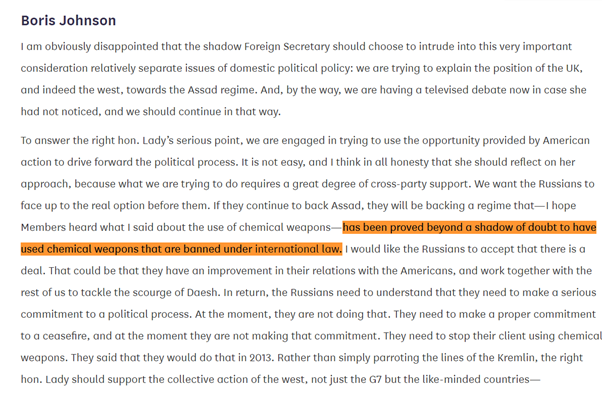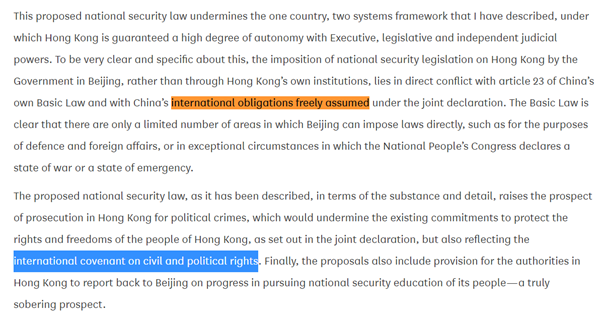Is @michaelgove nursing a plan to keep the UK in the EEA? "I will ensure that we are out of the CAP, out of the CFP, out of the Court, out of the Commission, out of the Parliament," he said today. No repeat of his 2016 pledge to "end free movement and bring numbers down".
@michaelgove He also promised a free trade agreement, of course. But he's a smart enough man, with smart enough Brexit wonks working for him, to know that he's not getting that without the backstop and a border in the Irish Sea. So it's interesting to see where he is drawing his red lines...
@michaelgove I'm told I've read too much into a speech with no autocue, and reminded that he also pledged to take back control of money, borders, laws.
I'm sure he'll be given opportunities soon enough to rule out EEA/free mvt unequivocally if he wants to. And/or, for that matter, Chequers.
I'm sure he'll be given opportunities soon enough to rule out EEA/free mvt unequivocally if he wants to. And/or, for that matter, Chequers.
• • •
Missing some Tweet in this thread? You can try to
force a refresh




















